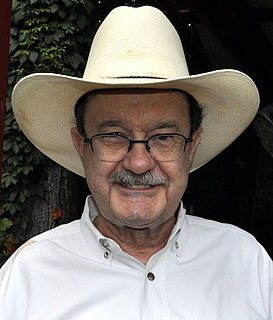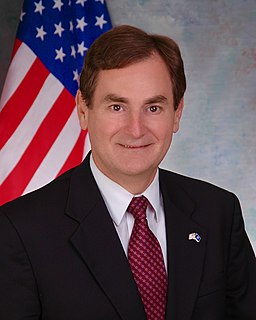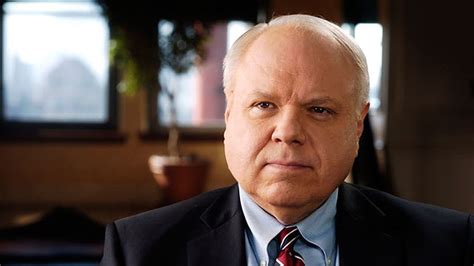A Quote by Zephyr Teachout
I think part of the reason the Tea Party has resonated is that people feel disempowered. The Tea Party says, "You are out of power because of big government." Then some Democrats tend to respond by saying, "No, you're wrong, you're not out of power." It's a sense that doesn't resonate with people's lived experience.
Related Quotes
The tea party saved the Republican Party. In a broad sense, the tea party rescued it from being the fat, unhappy, querulous creature it had become, a party that didn't remember anymore why it existed, or what its historical purpose was. The tea party, with its energy and earnestness, restored the GOP to itself.
The Washington establishment does not like the Tea Party. Don't you love all these politicians that run around and campaign as outsiders, anti-establishment, 'I'm not part of that Washington culture.' Well, then join the Tea Party, 'cause that's who's really anti-establishment, that's who's really a bunch of outsiders is the Tea Party. But you don't see those politicians who want to be considered outsiders joining or embracing the Tea Party, do you?
Populism is at its essence just determined focus on helping people be able to get out of the iron grip of the corporate power that is overwhelming our economy, our environment, energy, the media, government. One big difference between real populism and what the Tea Party thing is, is that real populists understand that government has become a subsidiary of corporations. So you can't say, let's get rid of government. You need to be saying let's take over government.
It's obvious that a lot of Tea Party members tend to be elderly. You've seen that famous sign, 'Tell the government to keep its hands off my Medicare.' And I think as long as the government does keep its hands off their Medicare, they're fine with talking about low taxes. But once they start to realize that the Republicans really do want to not just cut Medicare, but essentially abolish it, you know, I just think those people are not going to be part of the Tea Party. They're going to be over with Occupy Wall Street.
I think my message goes out to the entire spectrum of political parties. I'm supported by the Tea Party, the Conservative Party and the Republican Party. I come from a Democratic world. My world is moderate Democrats, Reagan-type Democrats if you want, the blues or whatever you call them, the Blue Dogs. That's been my world, historically.



































